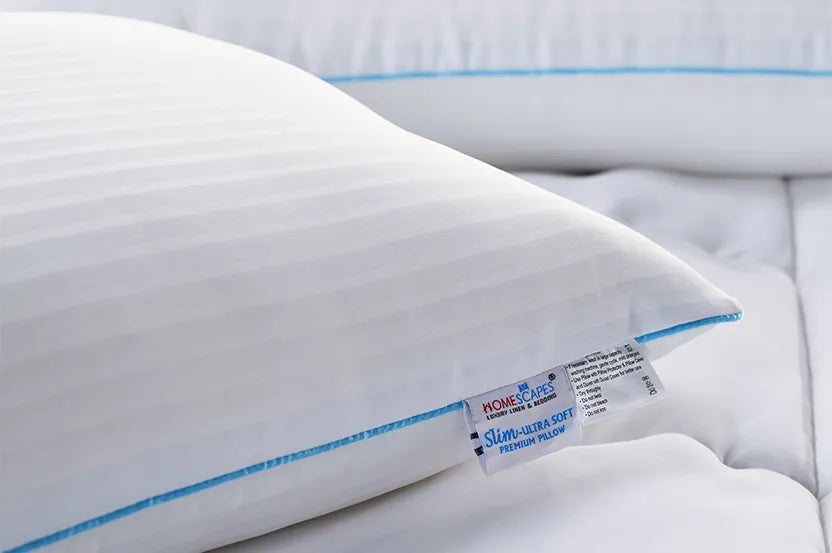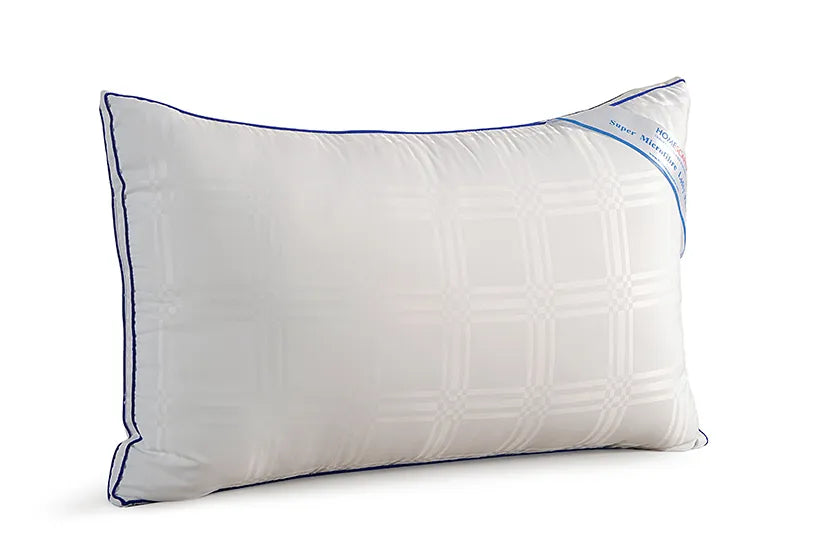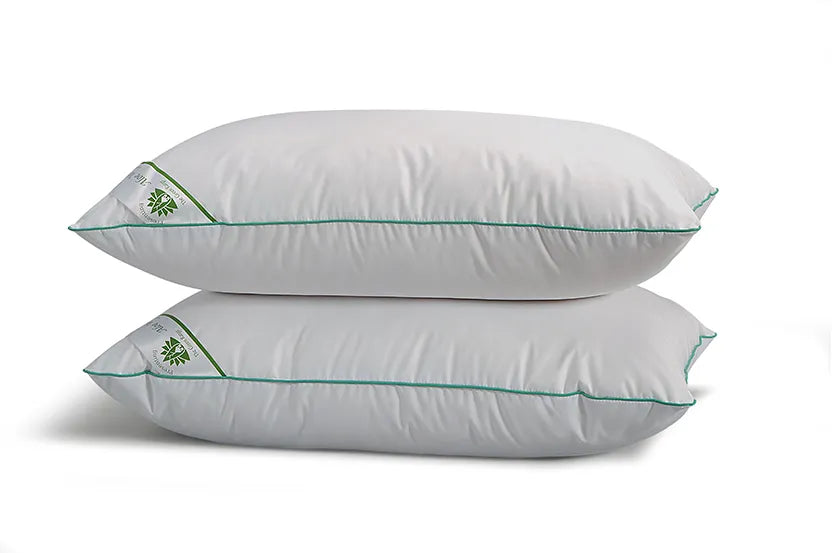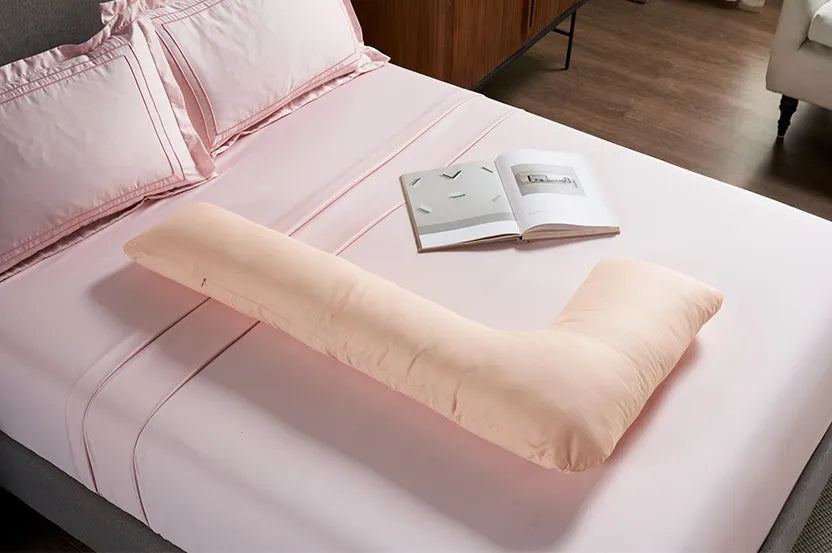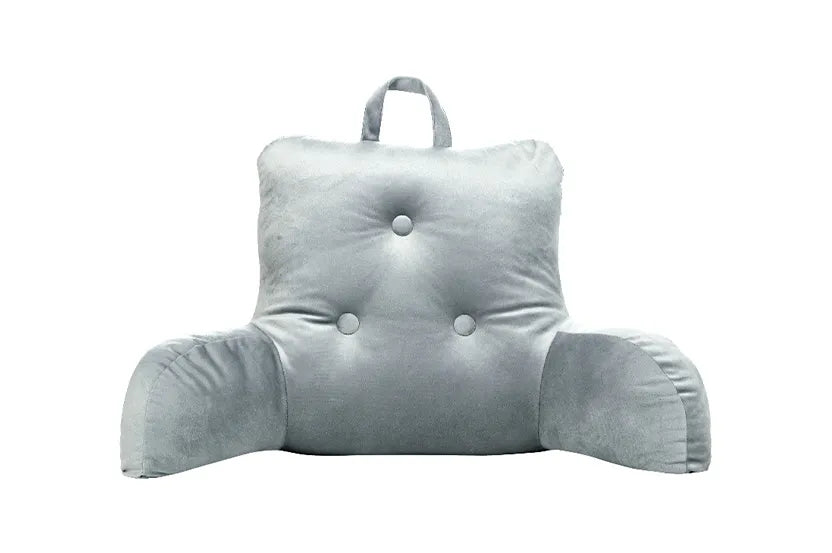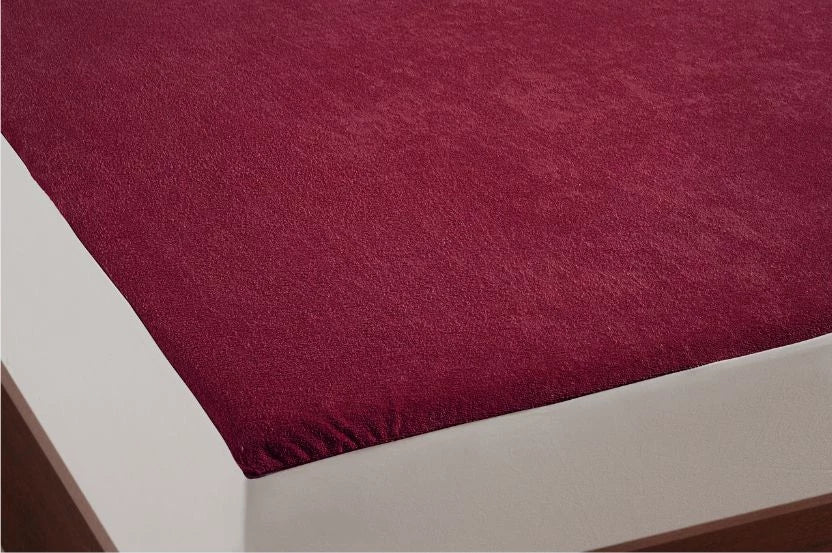Pillow firmness plays a pivotal role in determining the quality of your sleep and overall comfort during rest. It isn't merely about personal preference but about understanding the mechanics of how pillows support your body, particularly your neck and spine. Whether you're a side sleeper, back sleeper, or stomach sleeper, the firmness of your pillow directly impacts how well your body aligns during the night.
Why Pillow Firmness Matters for Sleep Quality
Sleep quality is influenced by many factors, and pillow firmness is one of the most critical. Firmness affects support, which in turn impacts how your head, neck, and spine are positioned while you sleep. When the firmness isn't right for your sleeping posture, your body may experience misalignment, leading to stiffness, soreness, or even chronic pain. Imagine waking up with a stiff neck or sore back – this could be due to an inappropriate pillow firmness.
Choosing the right pillow firmness ensures that your muscles and spine are relaxed, allowing your body to enter deep, restful sleep stages without frequent disturbances. The right firmness helps prevent common sleep-related issues, such as tossing and turning, tension headaches, or exacerbating pre-existing conditions like neck pain or shoulder discomfort.
The Role of Pillow Firmness in Neck and Spine Alignment
Proper neck and spine alignment is essential for overall health, and your pillow plays a major role in this alignment. When the pillow is too soft or too firm, your head may tilt in an unnatural position, leading to strain on your cervical spine. A pillow that supports the natural curvature of your neck helps keep the spine in a neutral position, reducing strain on muscles and nerves.
For instance, if you have a firm mattress but a soft pillow, your head might sink too low, leading to misalignment of the neck and spine. On the other hand, a pillow that is too firm might push your head too high, causing the same issue. By understanding the importance of firmness in relation to your sleeping posture, you can create a sleep environment that supports proper alignment, ensuring a pain-free morning.
Different Types of Pillow Firmness
Pillow firmness is typically categorized into three main types: firm, medium, and soft. Each type offers distinct benefits and caters to different sleep needs.
Firm Pillows: When and Why to Choose Them
Firm pillows provide robust support and are ideal for individuals who need extra stability, particularly side sleepers. Side sleepers require a pillow that fills the gap between the shoulder and head to maintain proper alignment. A firm pillow ensures that the neck and spine stay level, reducing the likelihood of neck or shoulder pain.
Another reason to opt for a firm pillow is if you suffer from chronic neck pain or have had injuries that require additional support. Firm pillows prevent the head from sinking too far into the pillow, maintaining proper posture and avoiding stress on the cervical spine.
Soft Pillows: Ideal for Specific Sleep Preferences
Soft pillows are often favored by those who sleep on their stomach or back. These pillows compress easily, offering a plush and cushioned feel that can reduce strain on the neck. For back sleepers, a soft pillow allows the head to sink just enough to maintain a natural curve of the spine without pushing the head forward. Stomach sleepers, who tend to twist their necks during sleep, can benefit from soft pillows because they minimize pressure on the neck and head.
Soft pillows are also a good choice for individuals who prefer a more cushioned feel rather than the rigid support of firm pillows. However, it’s important to note that while soft pillows offer comfort, they may not be suitable for side sleepers or people with neck pain due to insufficient support.
How to Choose the Right Pillow Firmness for You
Choosing the right pillow firmness depends on various factors, including your sleeping position, body type, and personal preference. Here’s a breakdown of what to consider when selecting the firmness that suits you best.
Best Pillow Firmness for Side Sleepers
Side sleepers require a firmer pillow to maintain proper alignment between the head, neck, and spine. A medium to firm pillow ensures that the gap between your shoulder and neck is filled, keeping your spine in a neutral position. If the pillow is too soft, your head may tilt downward, causing neck strain and shoulder discomfort. A firm pillow, on the other hand, supports the head and keeps it level with the rest of the spine.
Best Pillow Firmness for Back and Stomach Sleepers
Back sleepers benefit most from a medium-firm pillow that provides support while maintaining the natural curve of the spine. The pillow should cradle the head without pushing it forward, which can create tension in the neck. Stomach sleepers, however, should opt for a soft pillow that allows the head to remain in a neutral position. Since stomach sleeping can strain the neck due to twisting, the soft pillow ensures minimal elevation, preventing excessive strain.
How Pillow Material Influences Firmness
The material used in your pillow also affects its firmness and feel. Different materials provide different levels of support and comfort, contributing to the overall firmness of the pillow.
Memory Foam Pillows and Their Adjustable Firmness
Memory foam pillows are known for their ability to mold to the shape of your head and neck, providing customized support. They come in various firmness levels, allowing sleepers to choose the degree of support they need. Memory foam pillows are ideal for people who want a combination of softness and firmness, as the material adapts to your body but still maintains its shape over time. Adjustable memory foam pillows even allow users to modify the firmness by adding or removing foam inserts, making them versatile for different sleep preferences.
Feather and Down Pillows: Soft and Adaptive
Feather and down pillows are among the softest available, offering a luxurious, plush feel. Made from the soft undercoat of ducks or geese, these pillows are lightweight and easily moldable. However, they tend to lose their shape over time and may require frequent fluffing to maintain their structure. While they offer minimal firmness, they are great for back and stomach sleepers who prefer a softer surface to rest on.

